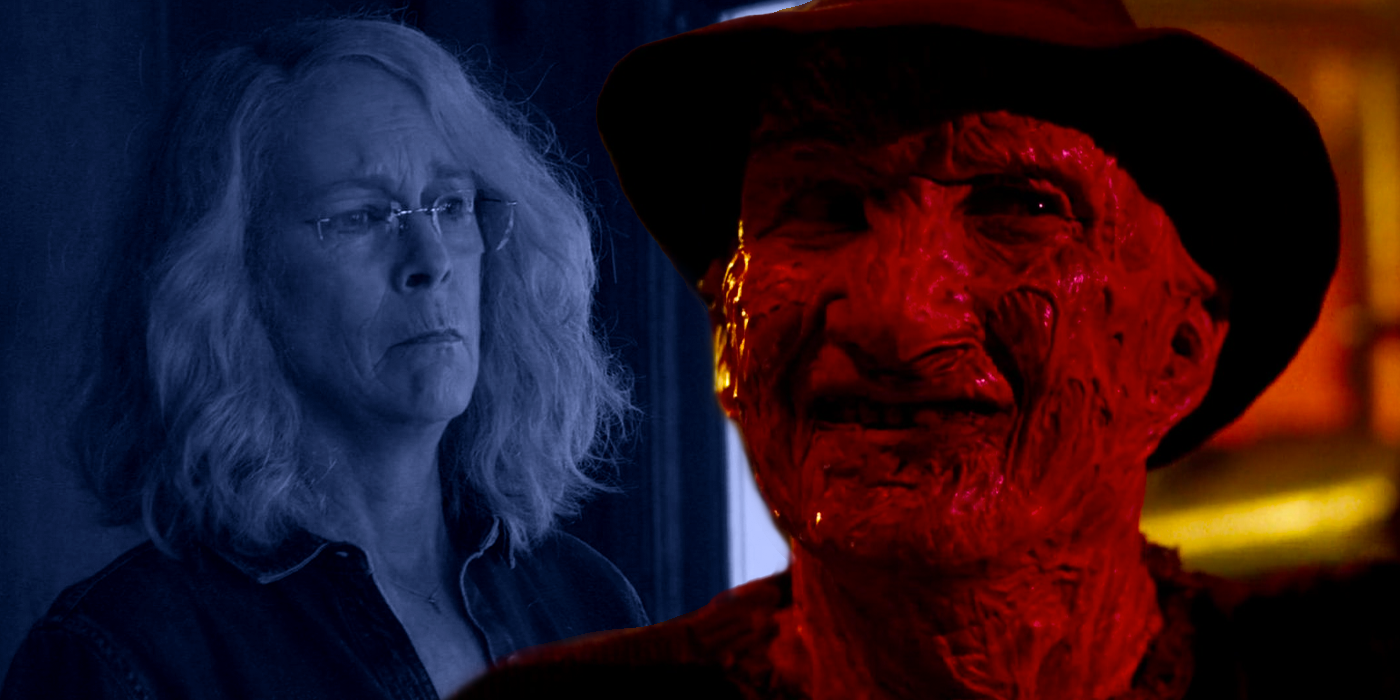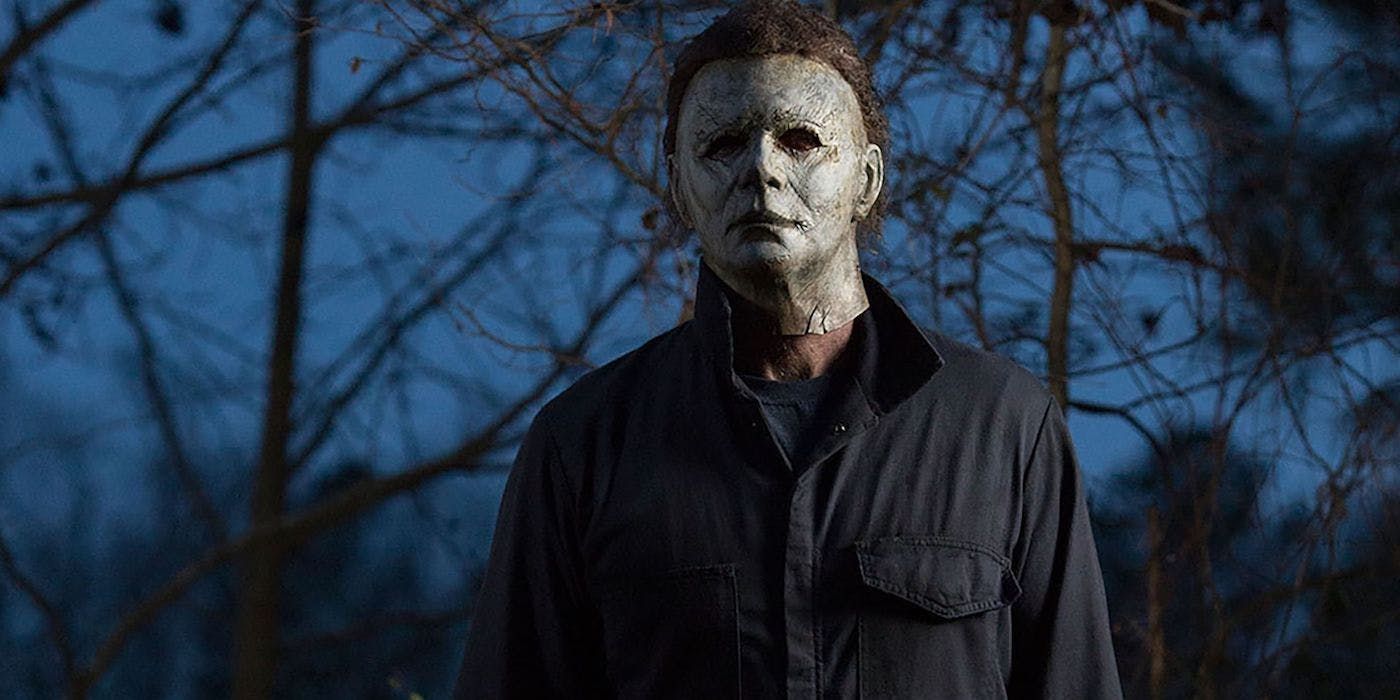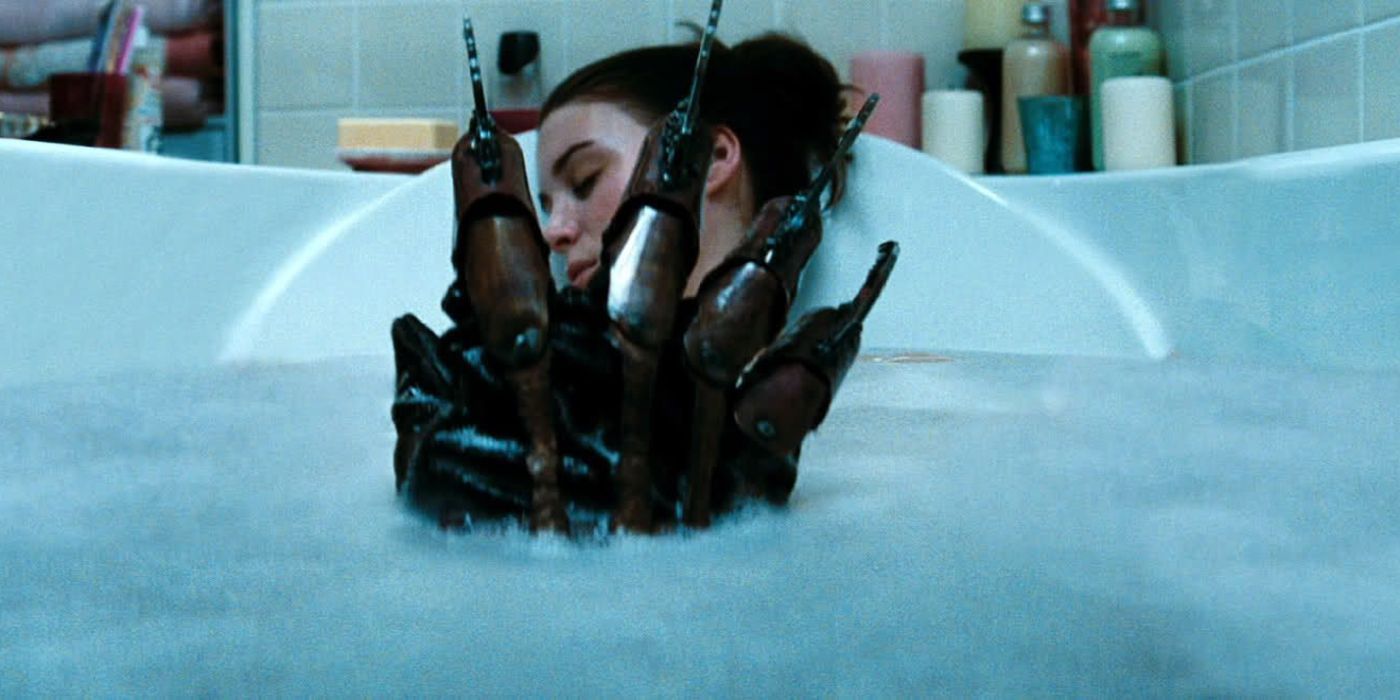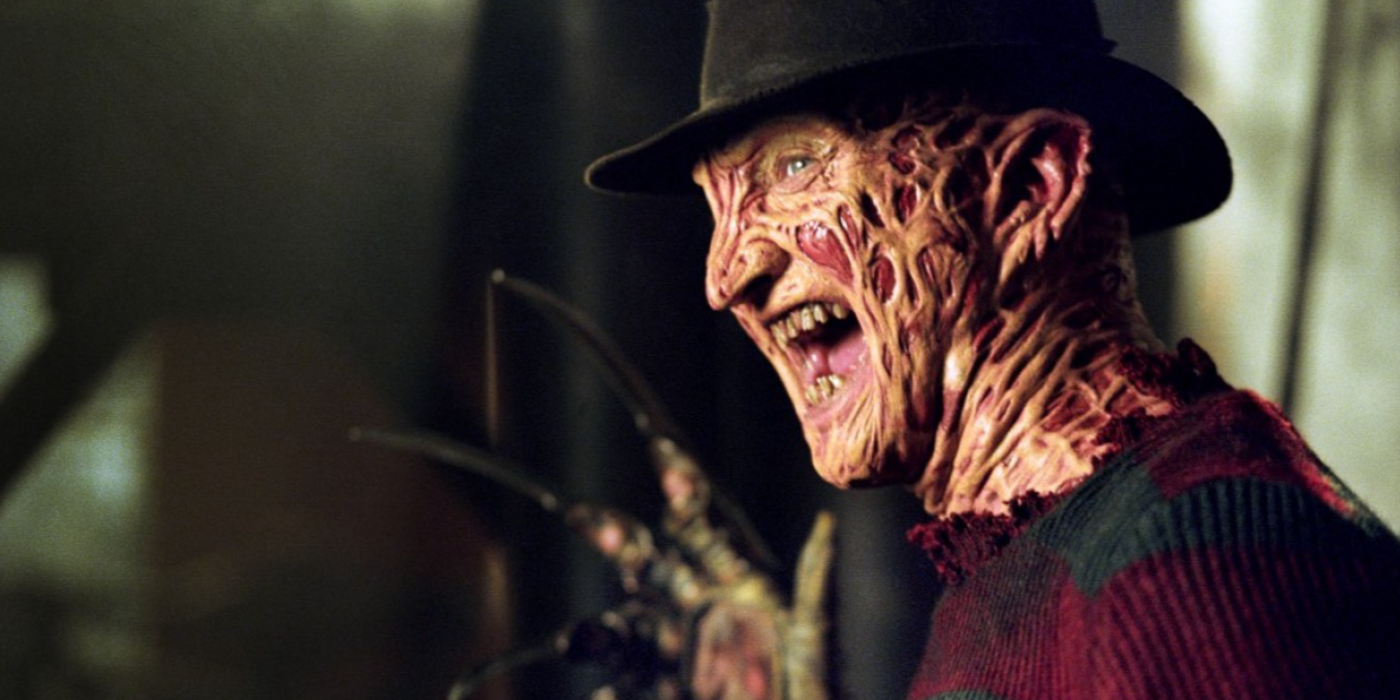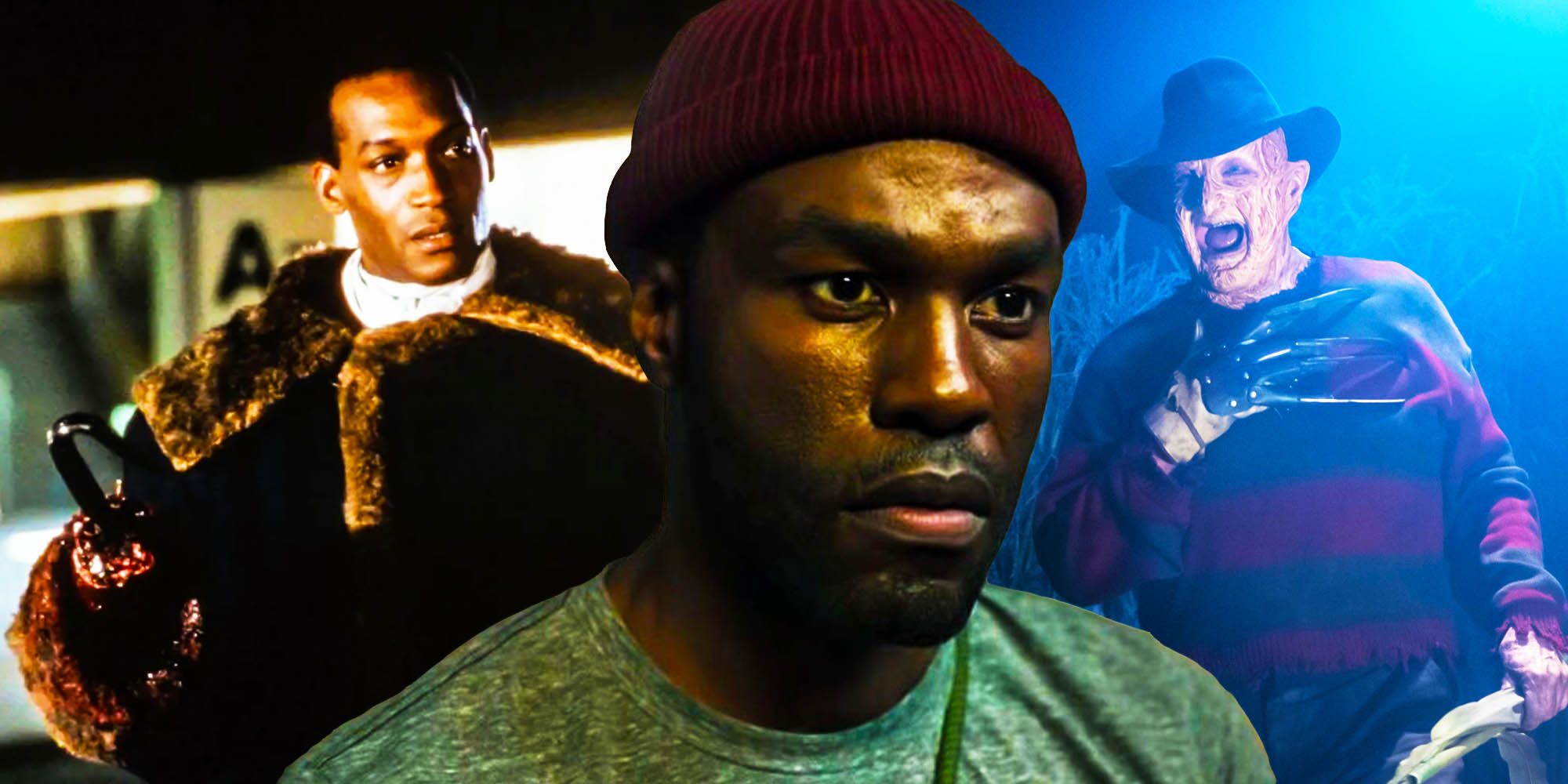The fact that Halloween 2018 managed to revive a dormant slasher franchise shouldn’t get fans of the Nightmare On Elm Street series too excited, as Freddy Krueger’s movies can’t simply copy the earlier horror reboot’s approach. Halloween 2018 managed to pull off a seemingly impossible coup upon its much-anticipated release. Not only did fans of the franchise largely consider Michael Myers’ return to be a worthwhile addition to the series, but even critics admitted that the slasher sequel was a success.
Admittedly, 2021’s Halloween Kills overdosed on fan service and nostalgia bait and the sequel’s reception suffered as a result. However, Halloween 2018 was still a success with fans and critics alike, something that few slasher franchise reboots can boast. That said, fans of other popular slasher series shouldn’t necessarily expect this approach to work for their favorite horror villain.
A Nightmare On Elm Street might be overdue a reinvention, but the series villain Freddy Krueger has too much personality for the series to reboot itself and ignore the sequels, despite this approach working out well for Halloween 2018. Freddy’s most memorable attributes—his ability to warp dreams into murderous nightmares and his twisted sense of humor—came to the fore in the Nightmare On Elm Street sequels. Much like Friday the 13th can’t copy Halloween 2018’s approach, since Jason Voorhees wasn’t properly introduced until the second movie, Nightmare On Elm Street can’t go back to the original movie because the franchise’s villain didn’t sound or act like himself until the third installment.
Why Halloween 2018 Succeeded
Halloween 2018 wisely dropped the complicated lore of the later Halloween sequels in favor of a simple slasher story. This stripped-back approach tapped into what made the original film work, with the creators accurately assessing that all the convoluted lore of the Halloween movies was essentially window dressing and not crucial to the franchise's success. The reboot was able to bring the series back to its roots as a simple, effective slasher horror story. Like a Terminator sequel bringing back Schwarzenegger's T-800 and dropping all the complicated storytelling of the later franchise installments, Halloween 2018 succeeded by cutting the unnecessary elements that complicated the series. However, some slasher franchises need these seemingly arbitrary ingredients.
Why Nightmare On Elm Street’s 2010 Remake Failed
Samuel Bayer's 2010 Nightmare On Elm Street was a grim slog that stuck way too close to the original movie’s story. The remake pulled almost all its inspiration from the original 1984 A Nightmare On Elm Street, making the plot entirely redundant, while also adding more grim detail to Freddy’s backstory and getting rid of his blackly comic edge. In contrast, the seemingly similar Friday the 13th remake released in 2009 was more popular with fans since the creators realized that remaking the original movie alone wouldn’t be enough to maintain viewer interest. It avoided the mistakes of Halloween’s 2007 re-do by instead pulling elements from the first three Friday the 13th movies and combining them, whereas A Nightmare On Elm Street’s remake simple replicated entire scenes from the 1984 movie and offered viewers nothing new (outside of a tasteless backstory for Freddy that felt vaguely exploitative and more depressing than scary).
Why Nightmare On Elm Street Can’t Use Halloween’s Reboot Formula
There are numerous reasons that Nightmare On Elm Street can’t copy Halloween 2018’s reboot formula, with the first being that the failure of Nightmare On Elm Street's remake already proved the movie’s original lead villain is irreplaceable. Despite Jackie Earle Haley’s best attempts in the 2010 re-imagining, original Freddy Krueger actor Robert Englund is inextricably associated with the role. Freddy has dialogue, quotable one-liners, and a lot of screen time, meaning a reboot can’t replace him the way that Halloween 2018 just needed a new man behind the mask. This directly ties into another issue, which is that the one-liner spouting Freddy that fans love, with the inventive kills and sick sense of humor, doesn’t come into his own until the third Nightmare On Elm Street movie.
As such, a Nightmare On Elm Street reboot can’t ignore everything after the original Nightmare On Elm Street like Halloween 2018 did, but it also can’t arbitrarily pick up from after the events of Nightmare On Elm Street 3: Dream Warriors either. Picking this point of the franchise without a canon justification makes no sense, as the approach would concede that some of the sequels happened while others didn’t, which leads to a third issue. Nightmare On Elm Street 2: Freddy’s Revenge is arguably the worst movie in the series and certainly the most unintentionally funny, but if the events of the third movie are canon in the reboot, that would ensure that this largely maligned flop was also preserved as part of the franchise’s canon. This would be a terrible idea since a lot of Freddy’s Revenge contradicts later movies in the series, and even defenders of the sequel typically admit that later sequels are superior to the hastily produced, misguided misfire.
How A Nightmare On Elm Street Remake Could Still Work
As evidenced by Candyman’s success, a horror franchise with an aging, instantly recognizable central villain can be rebooted if the original actor returns for a cameo and passes the torch on to a new generation. Nightmare On Elm Street could copy Candyman by bringing back Englund’s Freddy but contriving a way for the actor to gracefully pass on the iconic role. Simply trying to replace a villain as memorable as Englund’s Freddy is guaranteed to upset franchise fans, but projects like Candyman and Scream 2022 proved that, with enough reverence for earlier outings, a slasher series could pass its story onto a new generation without dismissing or forgetting its original stars. Whether or not the Nightmare On Elm Street franchise will be able to pull this off is anyone’s guess, but the fact that one of director Wes Craven’s iconic slasher franchises were given new life by a creative team with an abiding respect for the original series bodes well for Freddy’s future. The producers of Nightmare On Elm Street just need to ignore the allure of copying Halloween 2018’s formula.

